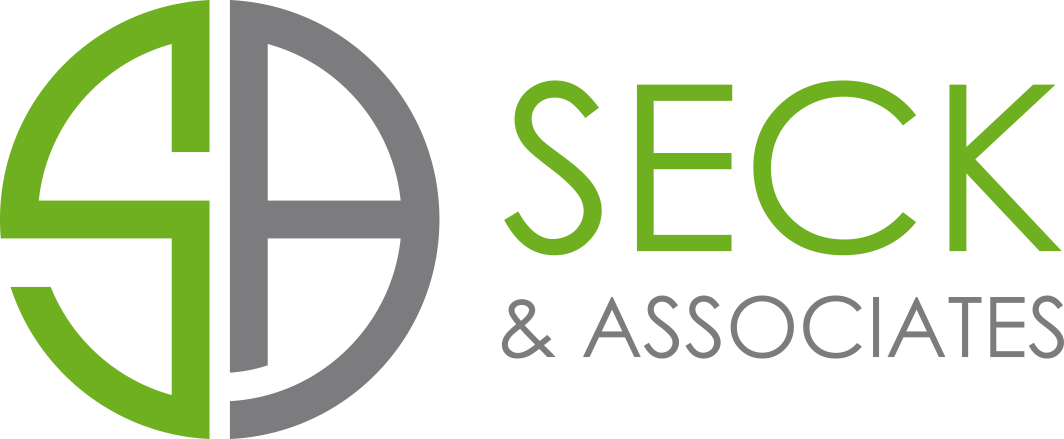Many of us know stories of small businesses succumbing to fraud committed by employees and third parties whether that is employees embezzling funds or third parties scamming business owners out of the company’s cash flow. In either event, individuals can be quite clever in disguising fraud or passing off a scam as legitimate. Business owners should be prepared to spot signs of fraud and have tools in place to prevent fraud in the business. Below are signs of fraud common in small businesses and tips to prevent such fraud from occurring.
Issue: A long-term employee who handles all aspects of writing checks and collecting funds has been embezzling funds for years. Many business owners have experienced some form of this where an employee or bookkeeper who handles all aspects of accounts receivable and accounts payable has improperly kept money for him or herself. Surprisingly, it is often a trusted loyal employee who is found to have been perpetuating the fraud over some period of time and that employee has little to no oversight from the business owner. To prevent such a situation, you should
incorporate an oversight process,
establish segregation of duties, and
require dual controls for any person to move funds in and out of a bank account.
For example, you may consider having one employee writing checks, but to withdraw or make payments over a certain amount, two employee signatures are needed. Similarly, the person collecting the accounts receivable may report to another individual who actually deposits the accounts receivable. Finally, employees should not share passwords related to a company’s funds or bank accounts and each employee should have a separate user name and log in. This makes it easier to track who is doing what with regards to your company’s funds and allows you to minimize the number of employees accessing this sensitive information.
Issue: Employees writing unauthorized checks out of the company bank account. One of the most common examples of small business fraud is employees writing checks to themselves from the company bank account. Specifically, a trusted bookkeeper or individual who handles the checks will write unauthorized checks out of the company’s bank account. Many business owners are effective in delegating duties; however, if an employee with the authority to write checks has little to no oversight, the possibility for fraud exists. To prevent such a situation, most banks offer a service called Positive Pay. Positive Pay is an automated fraud detection tool offered by most banks. Specifically, business owners send the bank a list of checks written and the bank matches the account number, check number and dollar amount of each check to the list provided by the business owner. If the checks do not match up, the bank notifies the business owner who then has the authority to approve or deny the check.
Issue: Employees intentionally or inadvertently wire funds for fraudulent purposes. For example, an employee may set up an ongoing wire to his or her personal account or an employee may inadvertently wire funds to a vendor without prior authorization to do so. Additionally, if such wire transfer was fraudulent or inadvertent, business owners only have 24 hours to notify the bank of such issues otherwise the bank may not be liable for executing such transfer. To prevent such situations, business owners can establish ACH filters or ACH blocks with their banks. ACH filters allow you to protect your company’s cash flow by setting up parameters of when your approval is needed before ACH debits are transferred out of your account. Additionally, you can receive email and text alerts of wire transfers over a certain dollar amount, so you are aware of funds going in and coming out of your company account to better understand your company’s cash flow. Similarly, another tool is to use an ACH block which protects your bank account from unauthorized electronic charges. Similar to an ACH filter, the ACH block will only process ACH payments authorized by you and block all other requests.
Bringing it all together: Business owners should consider implementing some of the prevention tips listed above. Putting dual controls in place and using tools offered by your bank will help prevent fraud in your company. In addition, by letting your employees know that these systems are in place, you are communicating to them that their actions are being monitored, which may prevent them from attempting fraudulent acts.

